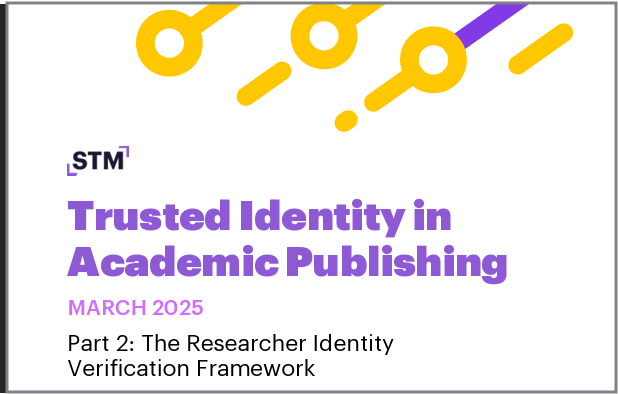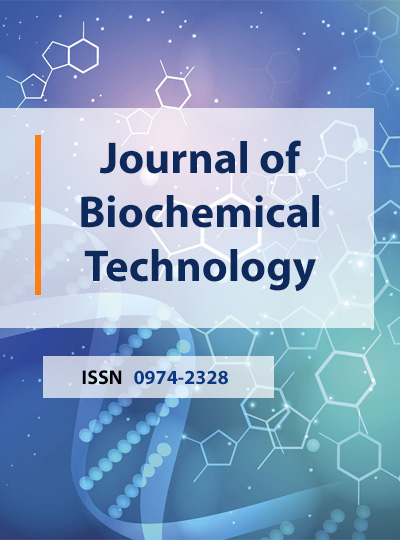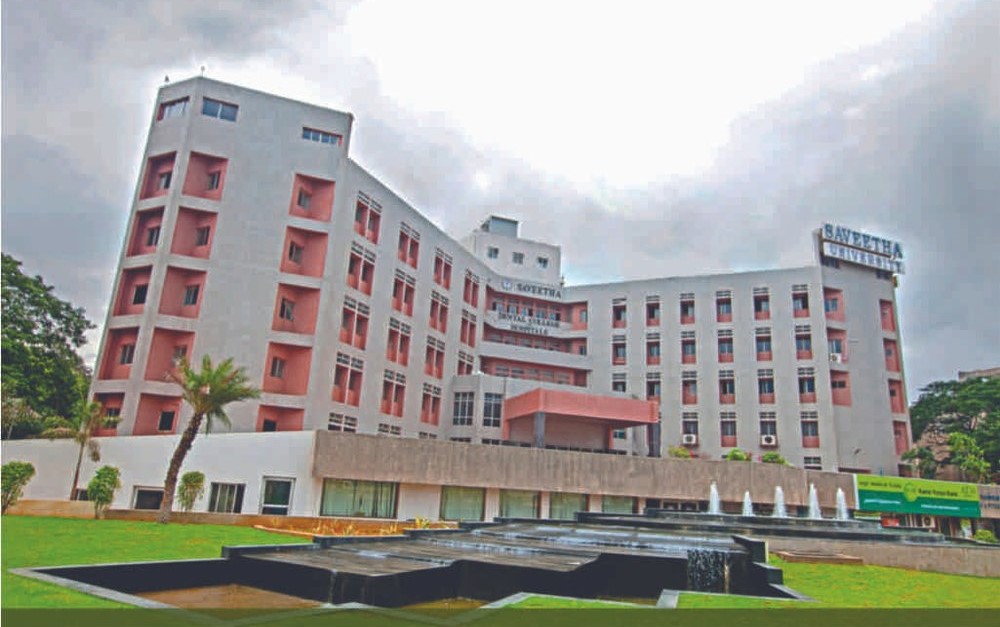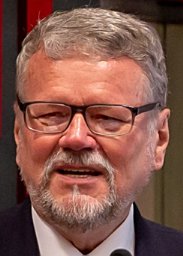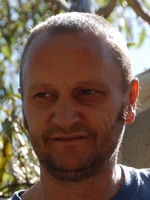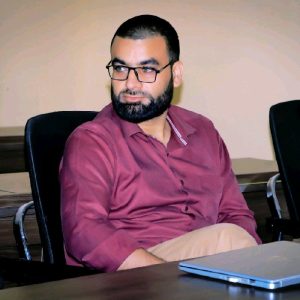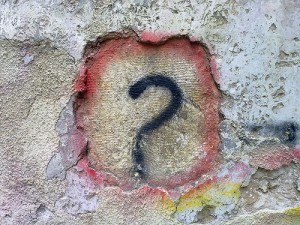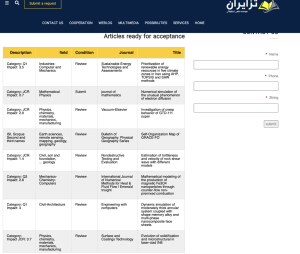Unverifiable researchers are a harbinger of paper mill activity. While journals have clues to identifying fake personas — lack of professional affiliation, no profile on ORCID or strings of random numbers in email addresses, to name a few — there isn’t a standard template for doing so.
The International Association of Scientific, Technical, & Medical Publishers (STM) has taken a stab at developing a framework for journals and institutions to validate researcher identity, with its Research Identity Verification Framework, released in March. The proposal suggests identifying “good” and “bad” actors based on what validated information they can provide, using passport validation when all else fails, and creating a common language in publishing circles to address authorship.
But how this will be implemented and standardized remains to be seen. We spoke with Hylke Koers, the chief information officer for STM and one of the architects of the proposal. The questions and answers have been edited for brevity and clarity.
Continue reading Can a better ID system for authors, reviewers and editors reduce fraud? STM thinks so